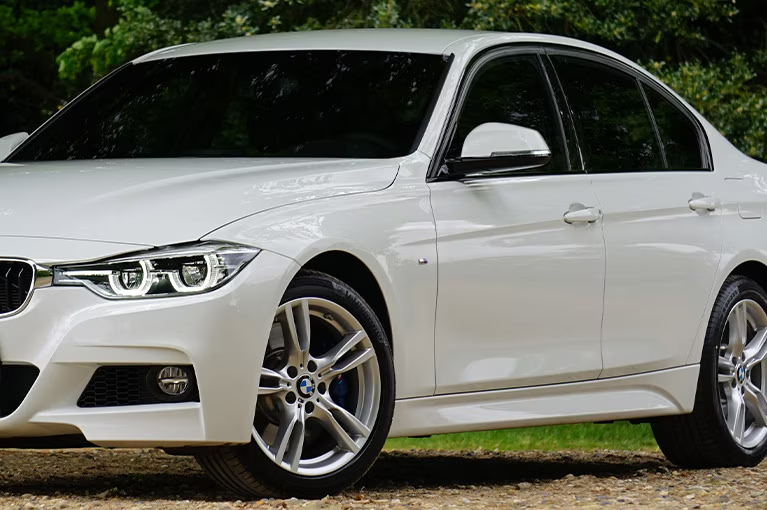Window tinting offers numerous benefits, including enhanced privacy, UV protection, and improved aesthetics. However, several misconceptions persist that may deter
Individuals from considering this valuable upgrade.
Let’s debunk some of the most common myths about window tinting:
Myth 1: Window Tinting Is Illegal
Many people believe that all window tinting is illegal. In reality, window tinting laws vary by state and country, specifying permissible tint levels for different windows. It’s essential to consult local regulations to ensure compliance. Professional tinting services are well-versed in these laws and can guide you accordingly.
Myth 2: Window Tinting Reduces Visibility and Is Dangerous
A common misconception is that window tinting significantly diminishes visibility, making driving hazardous. High-quality window tints are designed to reduce glare and enhance visibility, especially during bright conditions. When installed correctly, they can improve driving safety by minimizing eye strain.
Myth 3: All Window Tint Films Are the Same
Not all window tint films are created equal. They vary in quality, material, and performance. Premium films offer better UV protection, heat rejection, and durability compared to cheaper alternatives. Investing in high-quality tint ensures long-lasting benefits and reduces the likelihood of issues like bubbling or fading.
Myth 4: Window Tinting Is Only for Aesthetics
While window tinting does enhance a vehicle’s appearance, its benefits extend beyond aesthetics. Tinting provides UV protection, reduces interior heat, and safeguards
upholstery from fading. It also offers privacy and can hold shattered glass together in case of an accident, enhancing safety.
Myth 5: Window Tinting Will Bubble, Crack, or Fade Over Time
Concerns about tint bubbling, cracking, or fading are often associated with low-quality films or improper installation. Professional installation using high-quality materials
ensures that the tint remains intact and retains its appearance for years. Reputable installers often provide warranties to guarantee their work.
Myth 6: You Can’t Clean Tinted Windows
Some believe that tinted windows are difficult to clean or require special products. In reality, tinted windows can be cleaned similarly to non-tinted ones. It’s advisable to use a mild, ammonia-free cleaner and a soft cloth to maintain the tint’s integrity.
Myth 7: Window Tinting Is Unnecessary in Cold Climates
Window tinting is beneficial in all climates. In colder regions, tinting helps retain interior heat and reduces glare from snow, enhancing driving comfort and safety. Additionally, UV protection is valuable regardless of temperature, preventing skin exposure and interior fading. By understanding the facts behind these myths, you can make an informed decision about window tinting and enjoy its numerous advantages

